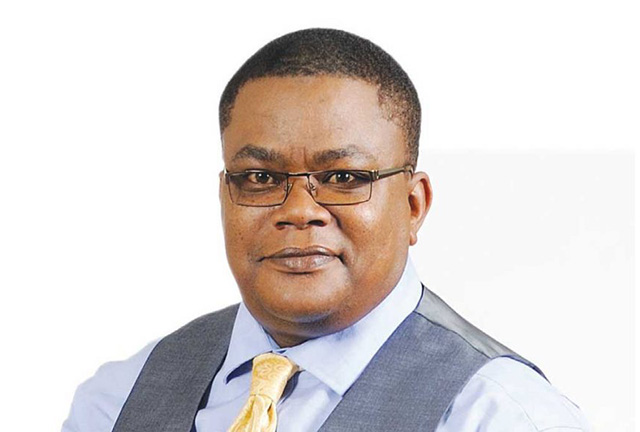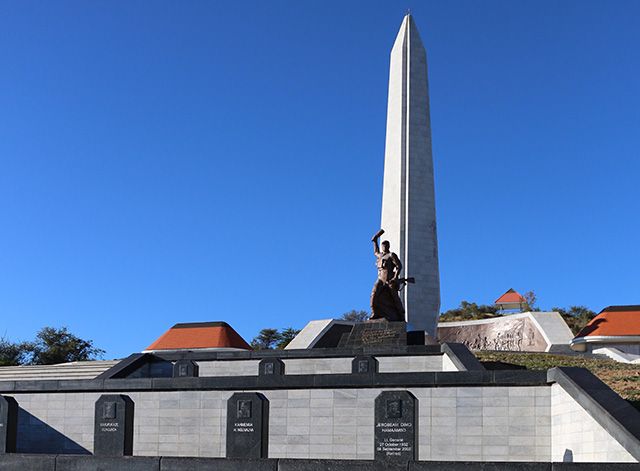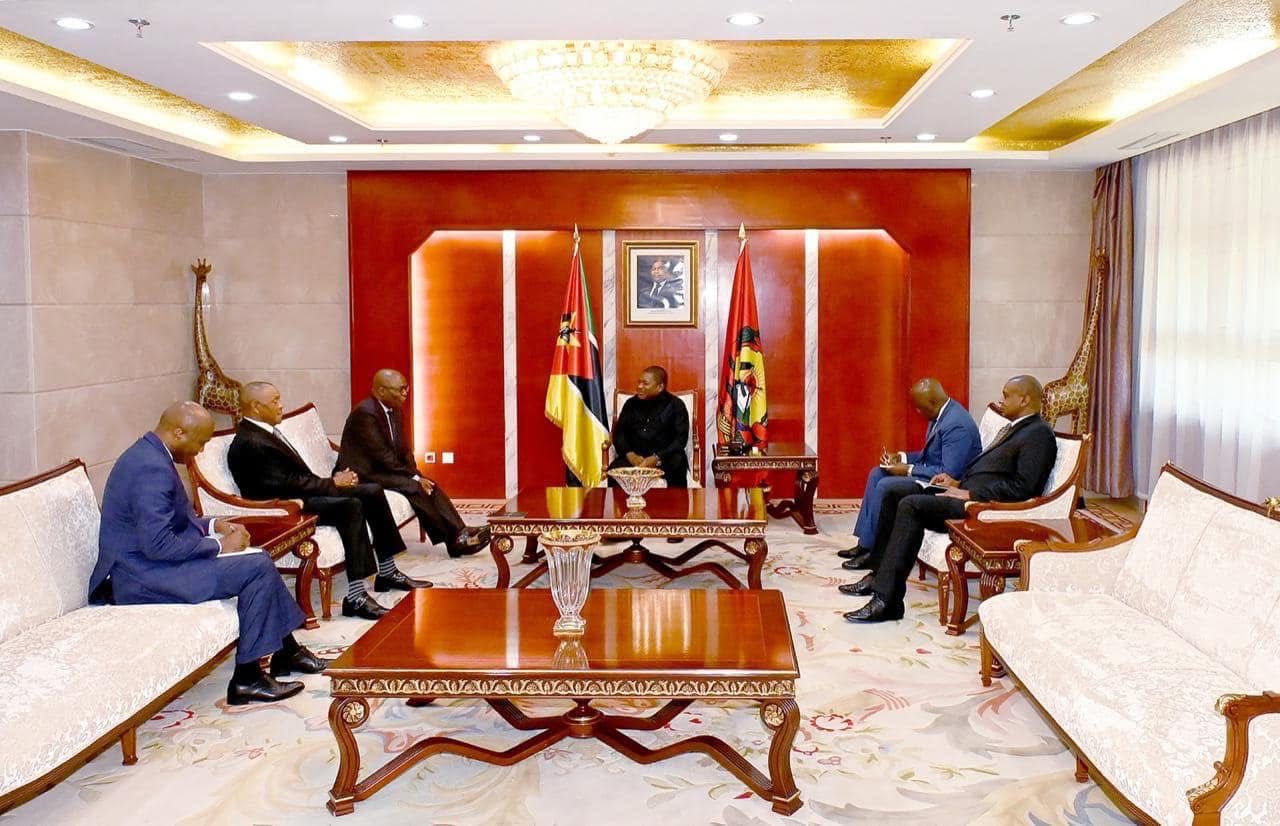MINISTERS of transport, key senior government officials, technical experts and the individuals from the private sector from Namibia, Zambia, and the Democratic Republic of Congo (DRC) attended the 12th Walvis Bay-Ndola-Lubumbashi Development Corridor (WBNLDC) tripartite meeting in Lubumbashi, DRC, last week.
The meeting, which was facilitated by the Walvis Bay Corridor Group, aimed at reviewing progress in the implementation of the corridor’s tripartite agreement, which was signed in 2010.
It touched on recent developments in the member states and regional economic communities pertaining to trade facilitation matters along the corridor.
It discussed the need to harmonise transit fees and cross border charges, as recommended by the various regional economic communities, the extension of border operating hours, and the need for ratification of the tripartite agreement by Zambia.
The parties agreed that there was a need to find an urgent solution to parking space for truckers and migration to the One Stop Border Post framework, while also suggesting that Namibia open a diplomatic consulate in Lubumbashi to ease trade and the issuance of visas.
Walvis Bay Corridor Group CEO Hippy Tjivikua said there have been significant developments along the corridor since signing the agreement.
“We have eliminated a number of cross-border issues and non-tariff barriers to trade in our region. The WBNLDC is no longer an alternative trade route to Zambia and the DRC, but rather a preferred trade route. Those pan-Africans who initiated this noble initiative had a great vision for the subregion. Now, our duty is to transform these transport corridors into economic development corridors. We have to turn the constraints and challenges into opportunities. It is therefore the duty of all of us in attendance that we eliminate all these bottlenecks and impediments to trade.”
Tjivikua said there was a need for opportunities in manufacturing, production and value addition, while stressing on educating, empowering and uplifting the standard of women, youths and those in the small and medium enterprises.
“Let us unlock opportunities for them in the transport and logistics sector too. Business opportunities and activities on our corridors cannot only be reserved for big players, but we need to mainstream the segments I have mentioned. If we do this correctly, history will not judge us.”
Tjivikua also stressed that businesses be fully liberalised.
“We can create new air corridors as well. We have the demographics. We have a population of over 1,2 billion people. China is poised to become the world’s largest economy in the near future. Let us create opportunities and an enabling environment for Africa to follow that. Apart from our mineral resources, agriculture is one new area of opportunity for the world,” he said.
Governor of Haut-Katanga province in Lubumbashi Jacques Kyabula Katwe agreed that facilitating cross-border trade and transit transport cooperation among the three countries are bringing positive changes.
“The development of mining and the local market for goods and services saw an increase of volumes from Walvis Bay via Zambia to DRC. The revitalisation of the WBNLDC was necessary for the DRC, as it brings access routes via Zambia to DRC. This revitalisation was also imperative for the member states of Namibia, DRC and Zamibia who are committed to regional cooperation and trade.”
The next tripartite meeting will be held in Livingstone, Zambia, next year.
Stay informed with The Namibian – your source for credible journalism. Get in-depth reporting and opinions for
only N$85 a month. Invest in journalism, invest in democracy –
Subscribe Now!







